A Psychologist’s Brilliant and Hilarious TED Talk on the Science Behind Achieving Long-Term Happiness in our Lives and our Organizations
/Shawn Achor studied happiness at Harvard. When he’d tell his friends this, they’d say, “Shawn, why do you waste your time studying happiness at Harvard? Seriously, what does a Harvard student possibly have to be unhappy about?"
But as it turns out, Harvard students are just as unhappy as anyone else because as the data shows “it’s not the reality that shapes us, but the lens through which your brain views the world that shapes your reality.”
Simply working harder, getting good grades, being at a prestigious school or making more money doesn’t necessarily bring happiness.
In fact, only 10% of our long-term happiness is predicted by the external world. The other 90 percent is predicted by the way your brain processes the world.
In other words, you don’t get happy by achieving success. You achieve success by getting happy.
By changing the lens through which we see the world from one where success = happiness to one that posits happiness = success, we can improve our lives and our organizations in dramatic ways.
75% percent of success in jobs is predicted by your optimism levels, your social support and your ability to see stress as a challenge instead of as a threat. Only 25% is predicted by IQ.
When an organizational culture is built on positive traits like learning, open and healthy communication, humility, integrity and inclusivity, it’s like dopamine – which your brain produces when you’re happy – for the workplace.
The studies show that a positive brain is significantly faster, more productive, creative, and accurate.
So how do we release more dopamine and teach our brain to be happier? Take a couple minutes every day to do one or more of the following:
1. Write down 3 things you're grateful for.
2. When you open your inbox, write one positive email praising or thanking someone you know.
3. Journal about something positive that happened to you in the last 24hrs.
4. Meditate for even 5 minutes to train your brain to be more focused.
5. Move you body before you sit down at your desk. You can stretch or do a quick exercise circuit.
Need a template? Use my work flow management doc. It includes action #1 – writing 3 things you're grateful for. Check it out.
